Trump has a chance to strike a deal with Iran
Tehran has backed itself into a corner, and Donald Trump has a once-in-a-generation opportunity to strike a bargain that could make the region - and the world - safer.

As nuclear negotiations with Iran begin in earnest, President Trump has a once-in-a-generation opportunity to strike a bargain that could make the region—and the world—safer. That is, if Tehran agrees to it.
We had profound disagreements about the 2015 Iran nuclear deal, but we agree today that there exists a short window for the improbable to happen. Iran, often a master of miscalculation and geopolitical malpractice, has backed itself into a corner, and that paradoxically boosts the odds for a peace initiative.
Ten years after the last nuclear agreement with Iran, the balance of forces has changed dramatically. The coalition that defined the opportunities and challenges of negotiation in 2015 is no more. Europe has relations with Tehran. The multilateral nuclear sanctions the world imposed to bring Iran to the negotiating table are long gone and not coming back. Relationships with Moscow and Beijing have been reshaped by disagreements over Ukraine and trade. In short, this leaves two parties—not eight—to strike a new agreement.
Most important, the past 18 months have established a new regional dynamic that should motivate Iran to see its interests differently. Tehran’s vaunted imperial project—portrayed as its raison d’être since the 1979 revolution—is in tatters. The tips of the regime’s proxy spears, Hamas and Hezbollah, have been thoroughly degraded. Its client state, Bashar al-Assad’s Syria, has been dismantled. Following its ill-conceived missile attacks on Israel, Iran’s airspace has been rendered defenseless against the Jewish state. The Iranian people’s privations, justified by the government as the necessary price of decades of revolutionary interventionism, are now under scrutiny at home. In the eyes of the average Iranian, the regime’s claims to an effective “mandate of heaven” must appear visibly shattered among the debris of proxy adventurism gone wrong.
In other words, the Islamic Republic holds a weak negotiating hand precisely at a time when it is closer to a bomb than ever before. While some would argue this is a time to focus narrowly on a new nuclear agreement, we believe broader possibilities are achievable. A new deal could and should go much further than previous negotiations allowed.
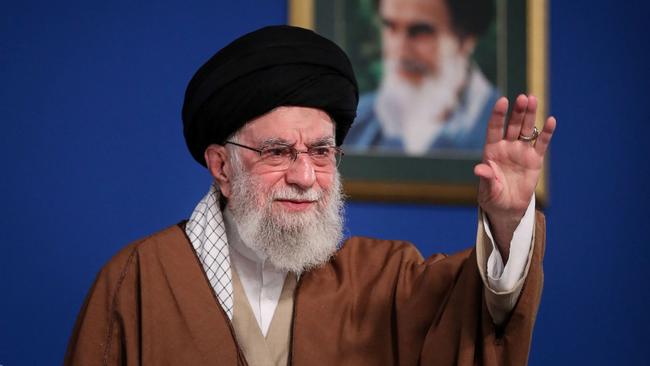
Mr. Trump can seek an agreement that prevents Iran from ever possessing a potentially lethal nuclear program. First, he should prohibit uranium enrichment above the threshold for civilian use and require an end to hardened or buried nuclear sites. A strict cap on the amount of fissile material in Iran’s possession, coupled with a comprehensive inspections regime to ensure compliance, would be a mandatory corollary. Commitments would have to be enduring and verifiable.
Tehran must also agree to stringent circumscription of its ballistic-missile program and outright termination of sponsorship of proxies and terrorism. Iran has proved reckless in wielding both weapons. The resolution of these pressure points is essential to regional peace.
But there are carrots, too. If Iran proves it has adhered fully to the terms of a new relationship, all crippling economic sanctions related to the regime’s illicit nuclear, missile and regional activities could be lifted. Official diplomatic recognition and full relations with the U.S. could be extended. The Senate should codify this revamped state of affairs with a legally binding treaty—thereby addressing a key Iranian concern about the possible reversal of any executive agreement. Historically, many Democratic senators have supported a peaceful resolution to the Iranian nuclear threat. Mr. Trump alone, with his deep ties to Republican senators, could summon the two-thirds majority needed to ratify such a measure.
Geopolitically, Tehran has no better option. As Supreme Leader Ali Khamenei ponders whether to make a new deal, he has the chance to pivot from a proxy strategy that has failed spectacularly, and to do so before a military confrontation with either the U.S. or Israel. Mr. Khamenei has many times stated his opposition to nuclear weapons, condemning their development and use on moral and religious grounds. If he has no intention of acquiring nuclear weapons, why not pre-empt a war that could lead to cataclysmic consequences for him and the region, in return for the certainty that comes with a treaty?
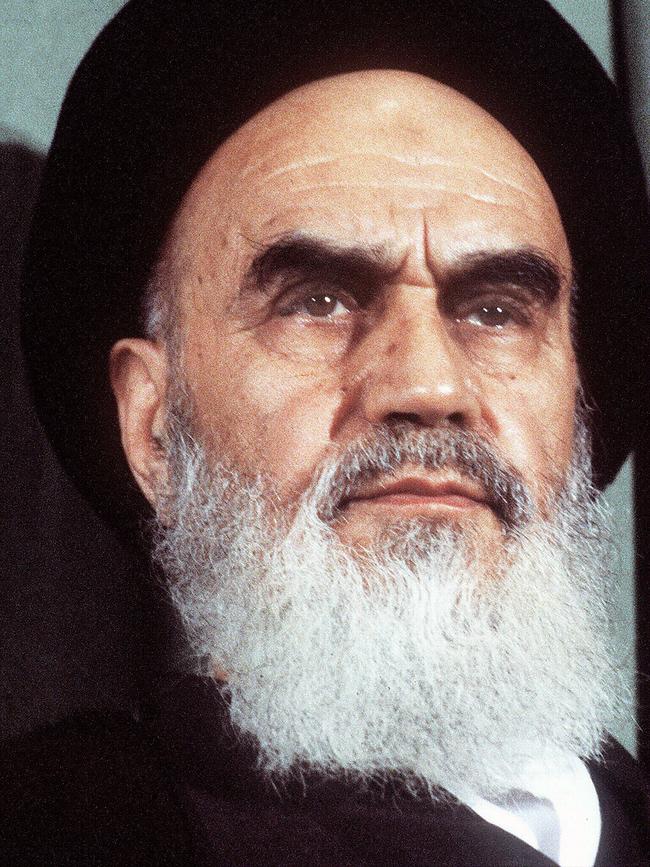
Iranian history, which includes numerous instances of overreach and self-sabotage, is also replete with examples of leaders making tough choices at critical junctures. In 1988 then-Supreme Leader Ruhollah Khomeini memorably drank from the “poisoned chalice” to accept peace with Iraq rather than remain on an imperiled course. Now is Mr. Khamenei’s crucial moment of decision.
Tehran has a choice to make. The civilization that has shaped the game of chess since the days of the Persian Court faces a moment of shah, or check: Despite so many key pieces taken off the board, Iran is being extended an opportunity for an agreement with the U.S. that could avert a war with unpredictable repercussions. If the current talks fail to result in a breakthrough, military options would be just as available then as they are now. Given these stakes, Mr. Trump’s willingness to pursue diplomacy is prudent. Iran would be smart to take him up on this opening for peace before shah is superseded by shah mat, checkmate. We should all root for wise decisions.
John Kerry served as US secretary of state, 2013-17. Thomas Kaplan is chairman and CEO of The Electrum Group LLC.
The Wall St Journal

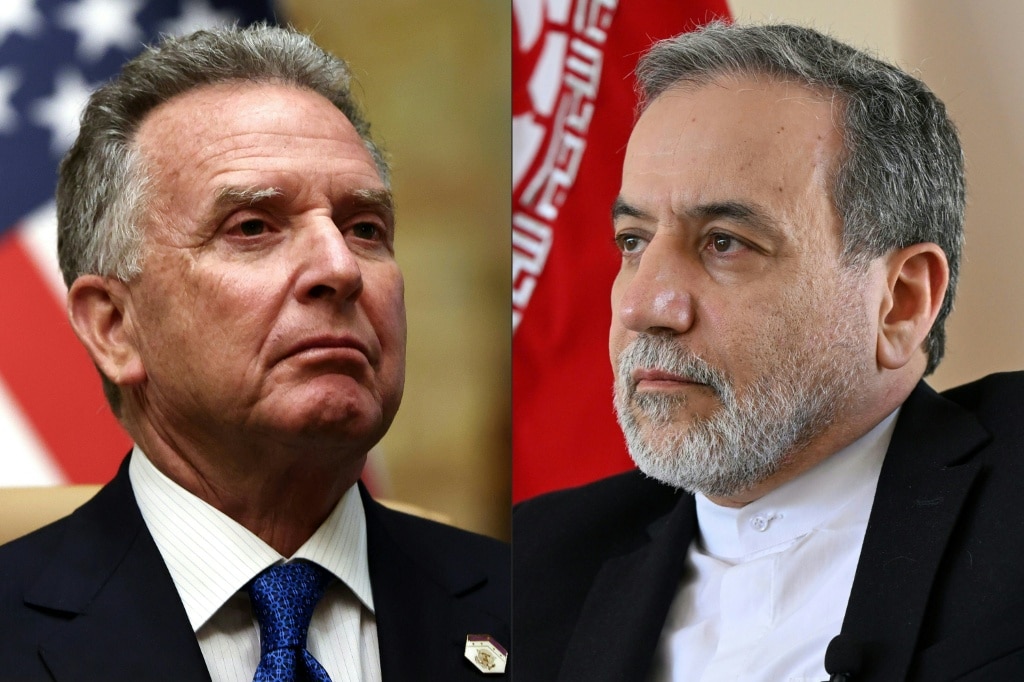
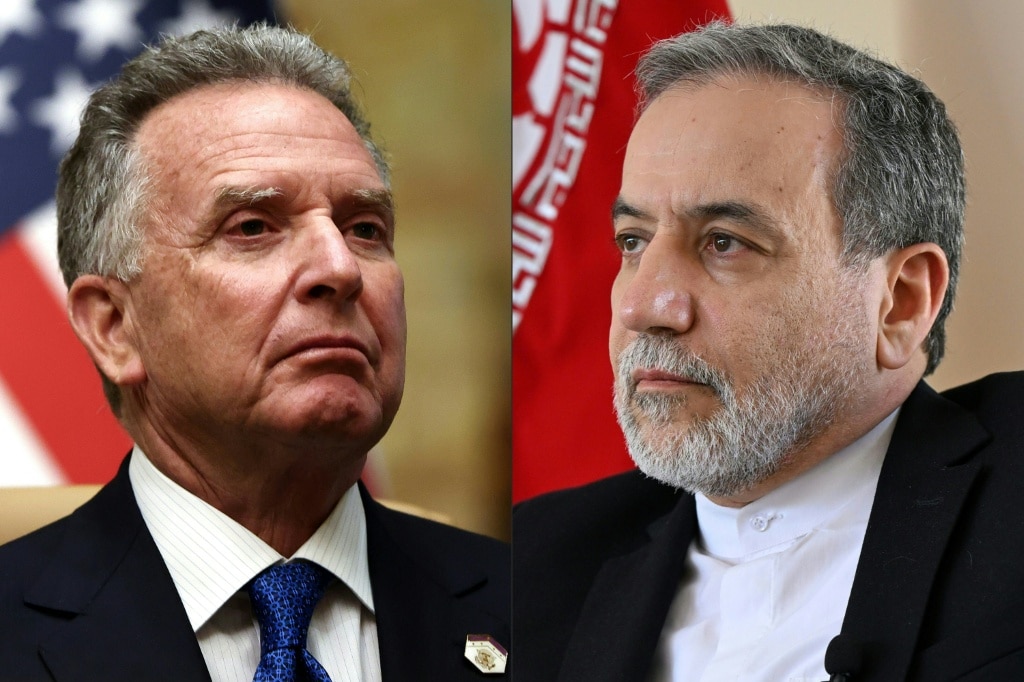
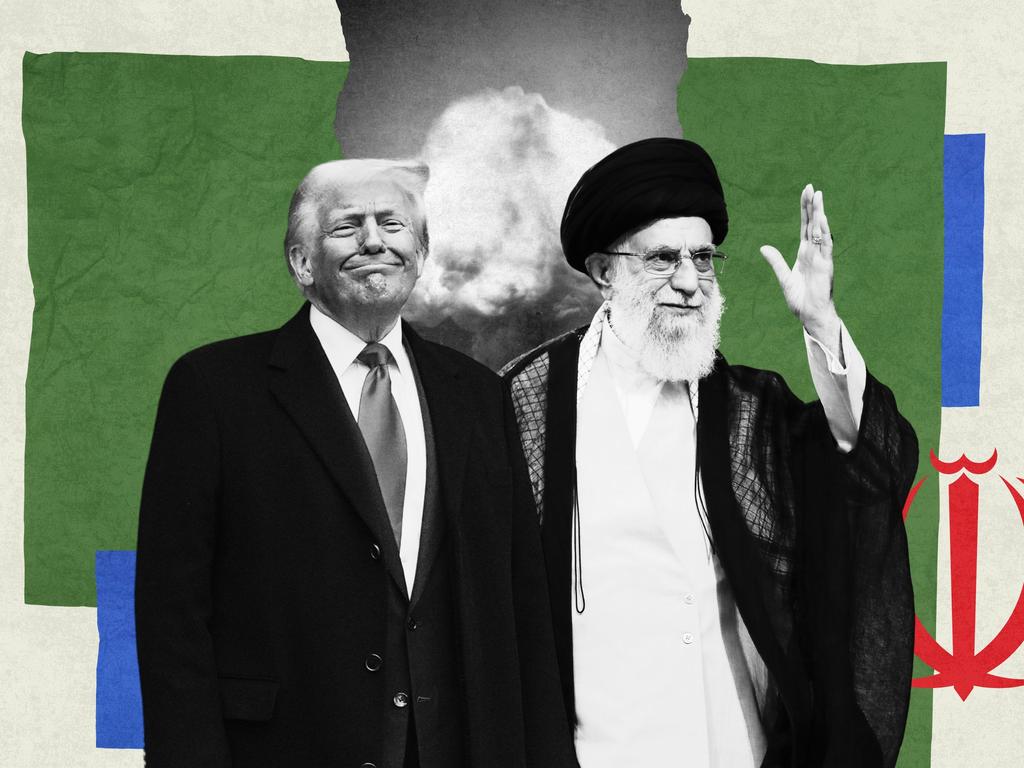
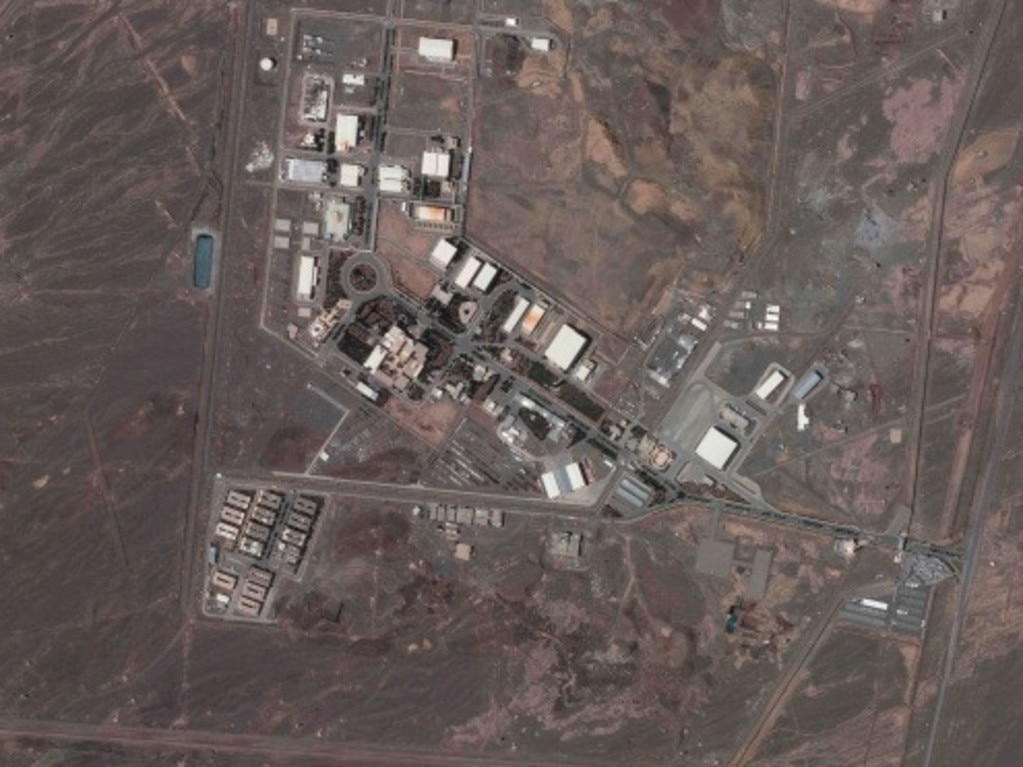
To join the conversation, please log in. Don't have an account? Register
Join the conversation, you are commenting as Logout